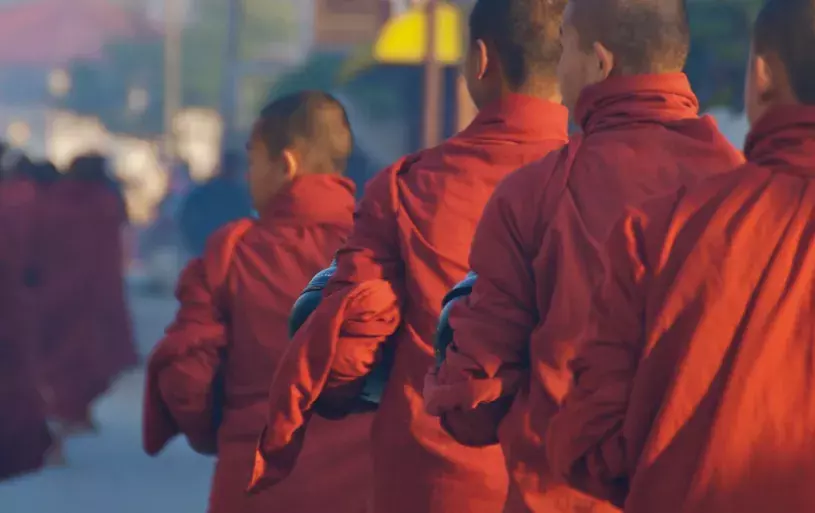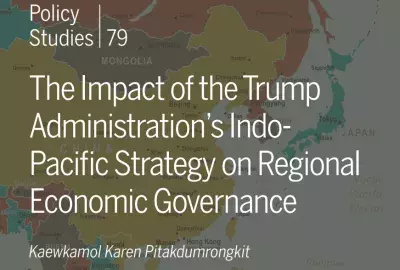Error message

Hard copies are available from Amazon.com. In Asia, hard copies are available from the Institute of Southeast Asian Studies (ISEAS). Myanmar's transition to democracy has been marred by violence between Buddhists and Muslims. While the violence originally broke out between Rakhine Buddhists and Rohingya Muslims, it subsequently emerged throughout the country, impacting Buddhists and Muslims of many ethnic backgrounds. This article offers background on these so-called "communal conflicts" and the rise and evolution of Buddhist nationalist groups led by monks that have spearheaded anti-Muslim campaigns. The authors describe how current monastic political mobilization can be understood as an extension of past monastic activism, and is rooted in traditional understandings of the monastic community's responsibility to defend the religion, respond to community needs, and guide political decision-makers. The authors propose a counter-argument rooted in Theravada Buddhism to address the underlying anxieties motivating Buddhist nationalists while directing them toward peaceful actions promoting coexistence. Additionally, given that these con flicts derive from wider political, economic, and social dilemmas, the authors offer a prescription of complementary policy initiatives. |

Hard copies are available from Amazon.com. In Asia, hard copies are available from the Institute of Southeast Asian Studies (ISEAS). Myanmar's transition to democracy has been marred by violence between Buddhists and Muslims. While the violence originally broke out between Rakhine Buddhists and Rohingya Muslims, it subsequently emerged throughout the country, impacting Buddhists and Muslims of many ethnic backgrounds. This article offers background on these so-called "communal conflicts" and the rise and evolution of Buddhist nationalist groups led by monks that have spearheaded anti-Muslim campaigns. The authors describe how current monastic political mobilization can be understood as an extension of past monastic activism, and is rooted in traditional understandings of the monastic community's responsibility to defend the religion, respond to community needs, and guide political decision-makers. The authors propose a counter-argument rooted in Theravada Buddhism to address the underlying anxieties motivating Buddhist nationalists while directing them toward peaceful actions promoting coexistence. Additionally, given that these con flicts derive from wider political, economic, and social dilemmas, the authors offer a prescription of complementary policy initiatives. |








